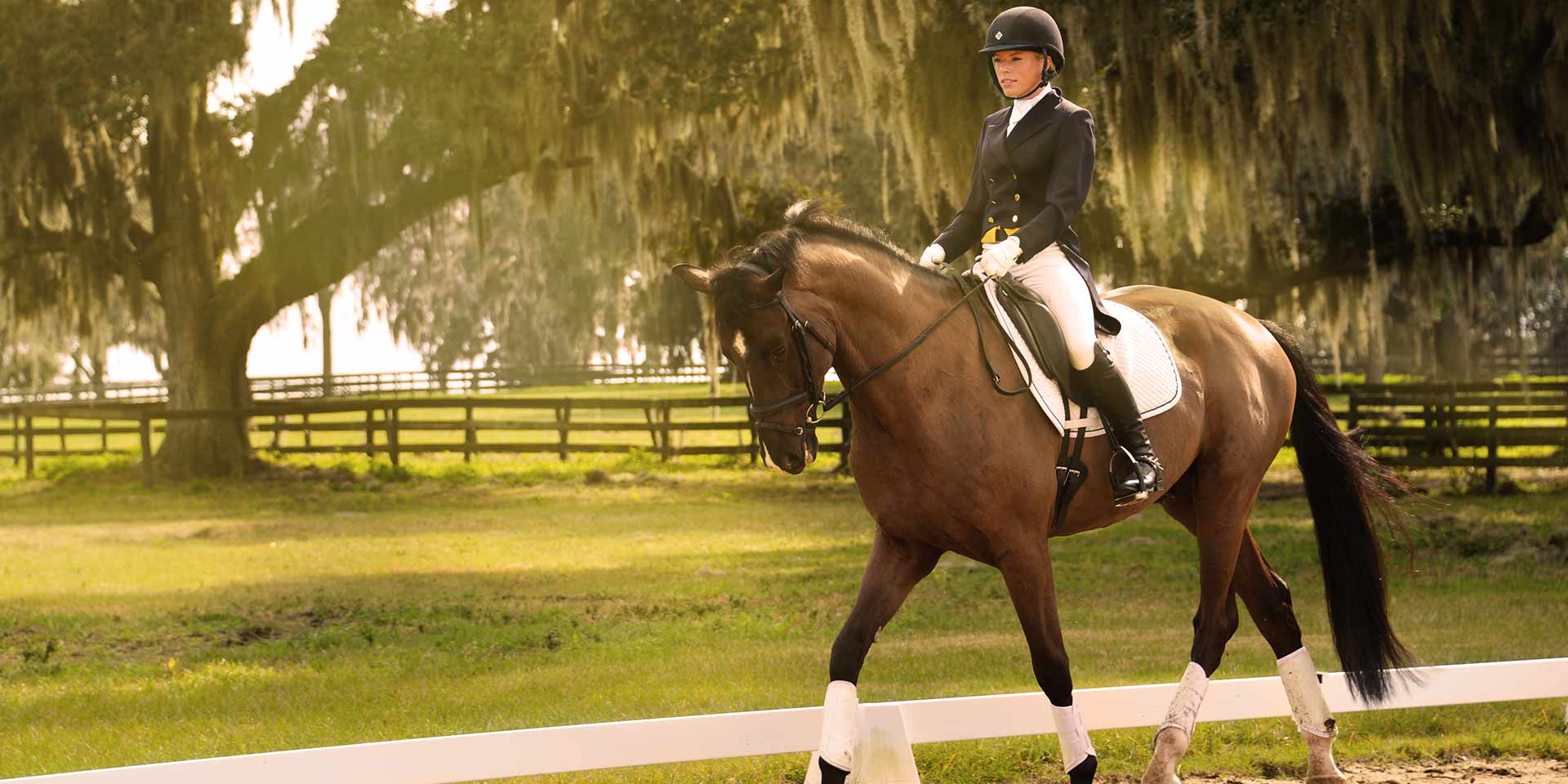Inspecting Your Horse’s Paddock
If you own horses, you know just as well as Golden Ocala Golf & Equestrian Club that they spend a lot of time in their pasture or paddock. So, it’s highly important that this space is kept safe, and that horse owners know when that particular space is considered safe. The first step is to inspect the paddocks every day as well as walk through the area as often as four or five times per week. But even before that, you need to know what you’re inspecting and what to do about various hazards. That’s where we come in.
Things You May Find Upon Inspection
There are several things you should look for and may find in your horse’s paddock, and all these things are perfectly normal:
- Holes caused by small animals and the settling of sediment
- Dead animals or animal bones
- Broken or damaged fence boards and downed fence lines
- Trash or unearthed pieces of metal
- Toxic weeds
- Manure
While everything you may find in the paddock is normal, much of it is considered dangerous and subject to removal. And knowing how dangerous all these things are and how to remove them will bring you peace of mind and spare your horse any injuries or harm.

Routine Maintenance
Any holes in the paddock, regardless of what causes them, can be very dangerous. So, keep a load of dirt on your property to fill the holes in a timely manner. If small animals continue to create these holes, you have the option of contacting local services to remove the animals or keep them away. But if you find a dead animal or animal remains in or near the paddock, put on rubber gloves before picking anything up. Then, place these findings in a plastic bag.
With horses come broken or damaged fences, but regularly replacing rotted posts and weak or warped boards can help prevent injuries. If nails are loose or sticking out, simply hammer them back in, as a sound and sturdy fence will not only keep horses from getting cut, but getting out.
Any trash found in the pasture should be placed in a waste receptacle. Metals, however, can usually be disposed of at your local waste management facility.

Toxicity in and Around Paddocks
You may already know that toxic weeds grow in various seasons, but if you’re unsure what types of weeds are growing in your pastures, seek a professional’s help. For example, weeds like stinging nettle and creeping indigo can be treated with the help of a local weed specialist. Even Golden Ocala has a regular weed management plan in place, and the weeds here are treated twice per year. This helps prevent weeds from reemerging the following year.
In addition to weeds, horse owners should look out for fire ants in and around pastures as well as establish a treatment plan similar to the maintenance of weeds.
And while manure is not toxic, it can attract a fly and parasite population if not removed properly. Golden Ocala recommends removing the manure at least twice per week. Of course, the frequency of removal depends on how many hours your horse spends in a turned-out paddock as well as the size of the paddock or pasture. The manure that you remove should then be disposed of in a manure dumpster and hauled away.
When it comes to horses and horse care, Golden Ocala has countless pieces of advice and recommendations to share. Call Lynde Johnson at (352) 629-6229 for more information.